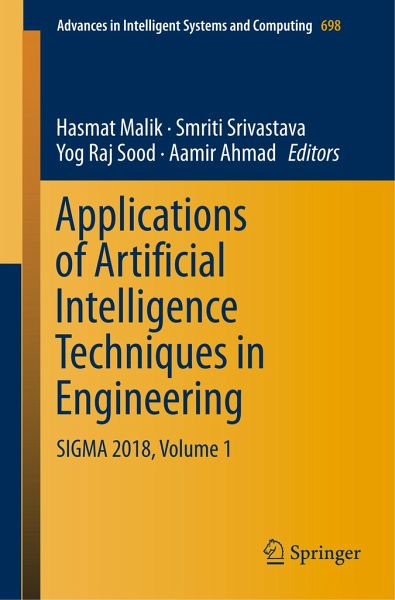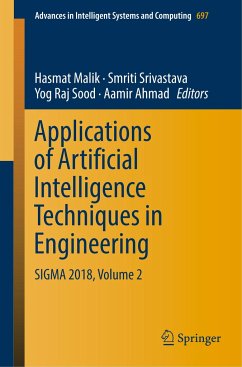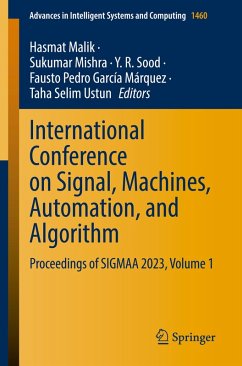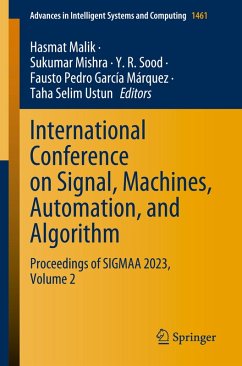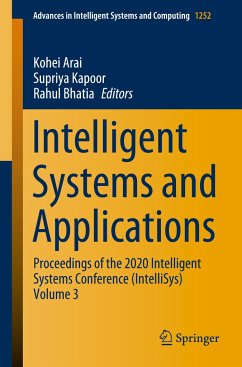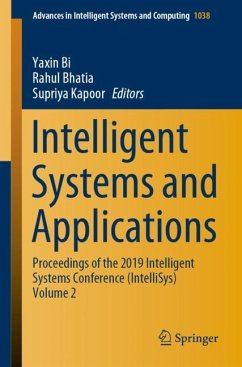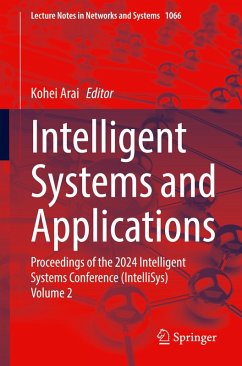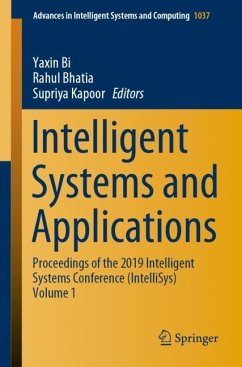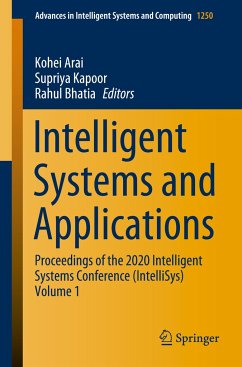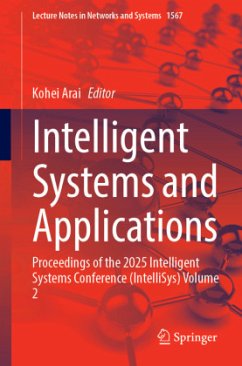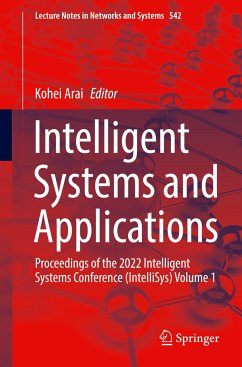Mr. Hasmat Malik is an Assistant Professor of Electrical Engineering at the Division of Instrumentation and Control Engineering, Netaji Subhas Institute of Technology (NSIT), Delhi, India. He is a fellow (M.Tech.) of the National Institute of Technology (NIT), Hamirpur and is pursuing his Ph.D. in the field of power systems at the Department of Electrical Engineering, Indian Institute of Technology (IIT) Delhi. He has published several research papers in leading international journals and conference proceedings, and presented papers at several prestigious academic conferences such as IEEE, Elsevier, etc. His major areas of interest are condition monitoring and fault diagnosis (CMFD), noise and vibration analysis, signal processing of power systems & machines, intelligent techniques for condition monitoring and control of power systems and power quality studies, renewable energy and high voltage engineering. Prof. Smriti Srivastava received her B.E. degree in Electrical Engineering and M.Tech. degree in Heavy Electrical Equipment from Maulana Azad College of Technology [now Maulana Azad National Institute of Technology (MANIT)], Bhopal, India, in 1987 and 1991, respectively, and her Ph.D. degree in Intelligent Control from the Indian Institute of Technology, New Delhi, India, in 2005. From 1988 to 1991, she was a faculty member at MANIT, and since August 1991, she has been with the Department of Instrumentation and Control Engineering, Netaji Subhas Institute of Technology (NSIT), University of Delhi, New Delhi, India, where she has worked as a professor at the Instrumentation and Control Engineering Division at NSIT, New Delhi since 2008, and is Dean of Undergraduate Studies. She also worked as Associate Head of Instrumentation and Control Engineering Division at NSIT, New Delhi from April 2004 to November 2007 and from September 2008 to December 2011. She is the author of a number of publications in transactions, journals and conferences in the areas of neural networks, fuzzy logic, and control systems. She has given a number of invited talks and tutorials, mostly in the area of fuzzy logic, process control, and neural networks. Her current research interests include neural networks, fuzzy logic, and hybrid methods in modeling, and identification and control of nonlinear systems. She is a reviewer of IEEE Transactions on Systems, Man and Cybernetics (SMC), Part-B, IEEE Transactions on Fuzzy Systems, International Journal of Applied Soft Computing (Elsevier), and International Journal of Energy, Technology and Policy (Inder Science). Aamir Ahmad is a research scientist, at the Perceiving Systems Department, Max Planck Institute for Intelligent Systems, Tübingen, Germany. He received his Ph.D. in Electrical and Computer Engineering from the Institute for Systems and Robotics, Instituto Superior Técnico, Lisbon, Portugal. His main research interests lie in Bayesian sensor fusion and optimization-based state estimation. The core application focus of his research is vision-based perception in robotics. He has worked with several ground robots in the recent past. Currently, he is focusing on aerial robots and active perception in multiple aerial vehicle systems. He has published 5 peer-reviewed journal articles, 2 book chapters, 11 conference papers, and 2 workshop papers. Prof. (Dr.) Yog Raj Sood is the Director of the National Institute of Technology, Puducherry, Karaikal, India. He received his Ph.D. from the Indian Institute of Technology Roorkee, India and M.E. & B.E. from Punjab Engineering College, India. Dr. Sood has over 30 years of teaching experience, and has delivered numerous keynote/expert lectures at various international conferences, workshops and short -term courses. He has worked as chairman/member of selection/interview boards for the various teaching and technical posts. He has guided 7 research scholars and is currently guiding 3 Ph.D. students. He has published over 285 research papers in international and national journals including several papers in IEEE Transactions and conferences. He was awarded the Ministry of Energy-Department of Power Prize by the Institution of Engineers (India) for a research paper published in the journal of the Institution of Engineers.
